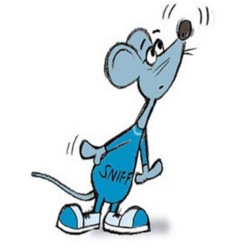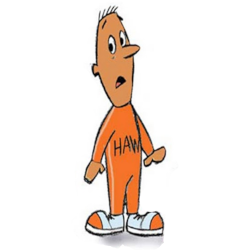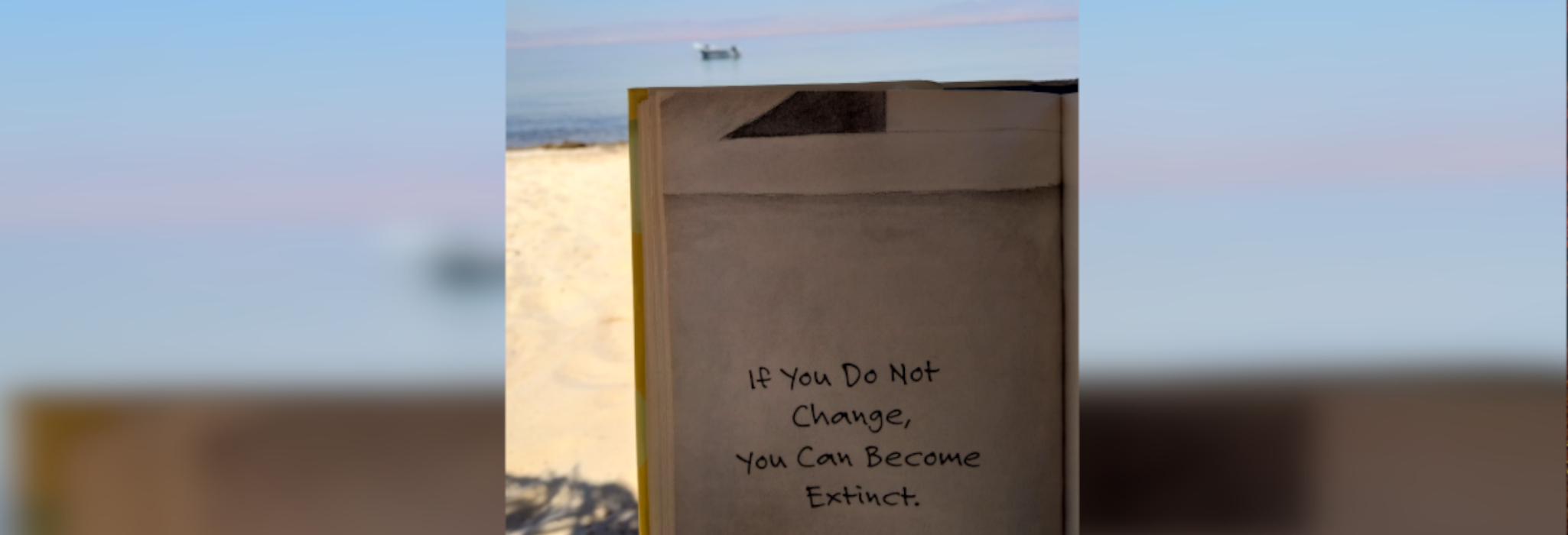We’ve all seen how 2020 is a very different year compared to the years of the last decade.
Even after things get back to “normal”, they just won’t be the same. That is due to a lot of changing factors around us that we can’t directly control such as the economy, the political scenes, and a lot of others. We’re unable to predict what will happen next, but we definitely know that the 2020s are going to be different to say the least.
Anyway, I thought it would be a good time to remind people of the good ol’ book “Who Moved My Cheese?” by Dr. Spencer Johnson and discuss the main points in it.
Please check out the author’s website: spencerjohnson.com, and maybe buy the book if you found this summary interesting and wish to read all of it. I am not much of a reader myself, but this book caught my attention. Especially that it is pretty short.
Disclaimer: The rest of this posts spoils parts of the book. If you’re planning on reading it and don’t want it spoiled for you then don’t continue reading.
Parts of All of Us
The author had four characters in the story, these characters represented us and how we act upon change. None of us is restricted to only one of these characters, we all have each one of them as parts of ourselves.
Sniff

Who sniffs out early change.
Scurry

Who scurries into action.
Hem

Denies and resists change, fearing that it will lead to something worse.
Haw

Learns to adapt in time on seeing that change can lead to something better.
Who Moved My Cheese?
The four characters of the story live in a maze, the maze has different kinds of cheese. This is clear symbolism:
- The cheese is the thing we want/the goal we want to achieve.
- The maze is the real world.
Everyday, the four characters would wake up, go look for their cheese in the maze, and then go back home. At some point, some of the characters may stop at a certain cheese station for a while, or keep coming back to the same station, expecting it to last for eternity. Which of course doesn’t happen.
This takes us to some of the key points of the book.
Having cheese makes you happy.
This is a very clear point in the book. Achieving your goals, having something you like, being in your comfort zone, all of these things make you happy.
The more important your cheese is to you, the more you want to hold on to it.
At some point in the book, Hem and Haw were surprised to find that their favourite cheese station -which they expected would last forever- was now empty. Instead of looking for more cheese elsewhere, Hem and Haw kept going to the same station every day and expecting to find cheese, somehow.
This happens to all of us. We sometimes refuse to accept that some form of sudden change has already happened. We hold onto our old cheese, hoping that it is still there.
If you do not change, you can become extinct.
The world moves at a very fast pace, and you have to keep up somehow. You need to change with it. A lot of projects/businesses fail due to them not changing when it is time for it.
Smell the cheese often so you know when it is getting old.
Anticipate change. Evaluate the environment around you, try and expect what could be changing and how you could adapt to it.
Movement in a new direction helps you find new cheese.
Say yes to new opportunities. Look for new cheese. It is always worth giving something a chance, even if you are afraid of the change that may come with it. Don’t just close the door from the start and reject the opportunity due to fear.
When you stop being afraid, you feel good!
Your own fear will hold you captive from possibly opening to new opportunities and seeking necessary change.
Imagining yourself enjoying your new cheese leads you to it.
Thinking about what you could gain instead of what you are losing will help you conquer your fear of change. Change doesn’t always “lead to something worse”.
The quicker you let go of old cheese, the sooner you find new cheese.
Let go of old things quickly. It’ll make it way easier to find new opportunities and accept any new change.
It is safer to search in the maze than remain in a cheeseless situation.
Leave your comfort zone and look for newer opportunities. What’s the worst that could happen?
Old beliefs do not lead you to new cheese.
The old ways don’t always work. It is sometimes good to let go of old beliefs that don’t match the current scenario. This makes it much easier to deal with change.
Noticing small changes early helps you adapt to the bigger changes that are to come.
Again, keep evaluating the environment around you, see the small changes that happen and see if they make a difference. This will help you adapt to the greater changes later on.
The Handwriting on the Wall
These points summarise the moral of the story.
- Change Happens: They keep moving the cheese. It is natural that everything around us changes over time.
- Anticipate Change: Get ready for the cheese to move.
- Monitor Change: Smell the cheese often so you know when it is getting old.
- Adapt to Change Quickly: The quicker you let go of old cheese, the sooner you can enjoy new cheese.
- Change: Move with the cheese.
- Enjoy Change: Savour the adventure and enjoy the taste of new cheese.
- Be Ready to Change Quickly and Enjoy It Again and Again: They keep moving the cheese. Change is bound to happen and is necessary for us to keep living.
I hope you found this post somewhat useful. Here’s to the changes the 2020s will bring upon us.
And as always, thanks for reading!
